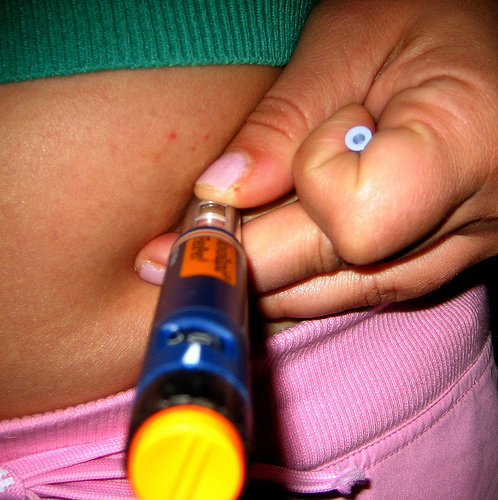If you are a patient living with Type 2 diabetes, a few simple steps can make your next doctor’s appointment more productive for you and your health care provider. Knowing what information to provide and what questions your physician will likely ask can help you to prepare more effectively for your next diabetes management consultation and can provide you with added tools to combat the symptoms of this serious medical condition.

Data collection
Maintaining accurate records of your glucometer readings on a regular basis can give your health care provider an accurate picture of your current degree of control over your blood sugar fluctuations. You can record these readings by hand in a small notebook, key them into a handheld mobile device or enter them manually into a file stored on your home computer. Regardless of your method, maintaining accurate records of your blood sugar readings and providing that information to your physician can help to ensure the most customized and effective treatment plan for managing your diabetes. Written records can be copied at the doctor’s office; computerized records can often be emailed or stored on a flash drive for easy retrieval at the health care provider’s office.
Continuous glucose monitoring
If your blood glucose levels are not well controlled or if your physician recommends added monitoring for your diabetes, you may want to consider the use of a continuous glucose monitoring system to test and record your readings at regular intervals over the course of the day. Also known as CGMs, continuous glucose meters offer a more comprehensive look at your ongoing readings throughout the day and night, allowing physicians and medical personnel to spot any developing trends. This added degree of information can help your health care providers to write the most helpful prescriptions in the right dosages and can help you to avoid serious side effects caused by blood sugar fluctuations and episodes of low or high blood sugar.
Minor concerns can be major problems
Because so many of the complications of diabetes involve circulation or reduced immune system reactions, even small and seemingly insignificant injuries or ailments can become serious issues in a surprisingly short period of time. If you experience an injury to your foot, for instance, letting your physician know right away can help to prevent infections that could potentially lead to amputation. Wounds that are slow to heal or persistent colds can also be warning signs that your diabetes treatment plan should be adjusted; be certain to bring these minor ailments up at your medical appointment to safeguard your health more effectively.
By providing your physician with detailed and accurate information on your current physical condition and blood sugar readings, you can enjoy more precise treatment plans and a greater degree of control over your diabetes symptoms.
Susan is an avid writer and highly enjoys writing about anything that has to do with diabetes. One of the items she’s interested in is a glucometer. She was lucky enough to come across dexcom.com. They happen to supply glucometers and more.





